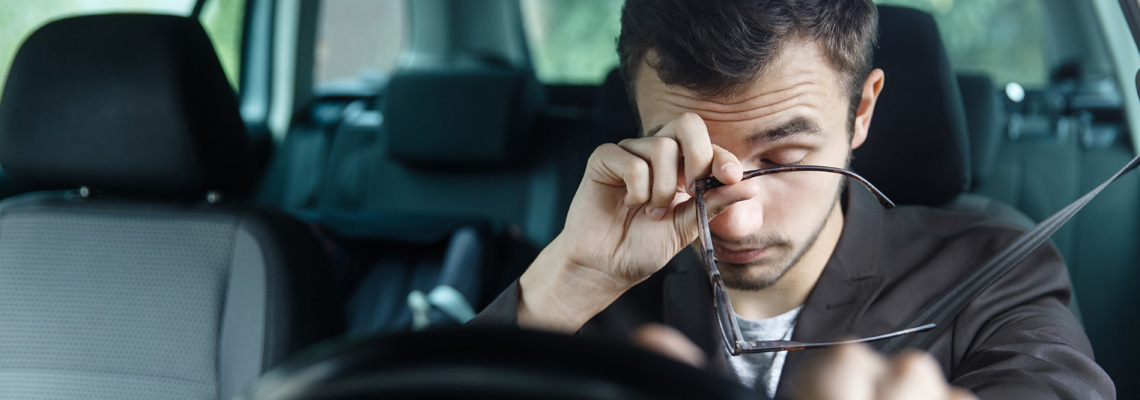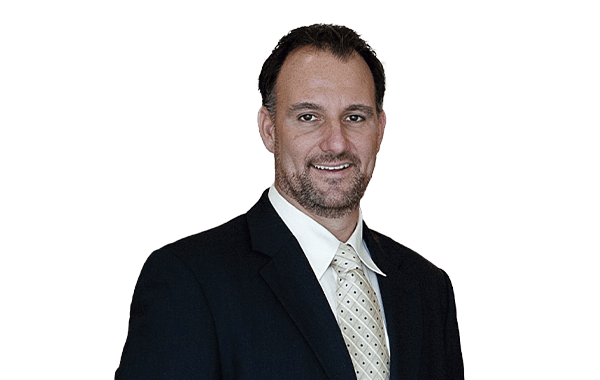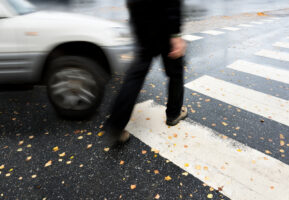
The Dangers of Drowsy Driving During the Holiday Season
The holiday season brings celebrations, travel, and long drives to visit family and friends. With packed schedules and late-night festivities, many drivers find themselves behind the wheel while fatigued. Drowsy driving is as dangerous as driving under the influence of alcohol, impairing reaction times, reducing attention, and increasing the risk of car accidents. Research has shown going without sleep for 24 hours can impair driving ability as much as having a blood alcohol content (BAC) of 0.10%, which is above the legal limit in Florida. Unfortunately, the combination of holiday stress, travel, and lack of rest makes drowsy driving a significant hazard this time of year.
When fatigue leads to a crash, the consequences can be severe. Victims of drowsy driving accidents may suffer serious injuries, emotional distress, and financial burdens due to medical expenses and lost wages. At The Law Offices of Scott Sobol, we understand the impact of these crashes and work to help injured individuals seek compensation for their losses. If you or a family member has been affected by a drowsy driver this holiday season, you may have legal options. Our team is here to provide guidance and fight for the justice you deserve.
How Holiday Travel Increases the Risk of Drowsy Driving
The holiday season is one of the busiest travel periods of the year, with millions of Americans hitting the road to reach their destinations. Longer road trips and unfamiliar routes contribute to driver fatigue, as many travelers drive for extended periods without proper rest. Highway driving, especially at night, increases the risk of drowsiness since monotonous road conditions can make it harder to stay alert. Additionally, many drivers underestimate how significantly fatigue affects their ability to operate a vehicle safely.
Holiday stress is another factor that leads to drowsy driving. Between shopping, family gatherings, and last-minute travel plans, people often sacrifice sleep to fit everything into their schedules. Skipping just a few hours of sleep can have serious consequences. Studies show getting only five to six hours of sleep nearly doubles the risk of a crash, while fewer than four hours of sleep makes an accident 11 times more likely. Despite these dangers, many drivers still push themselves to stay on the road when they should be resting.
Shift workers and those traveling across time zones are also at a heightened risk. Many people adjust their routines during the holidays, leading to disruptions in their normal sleep patterns. Late-night flights, early-morning departures, and overnight road trips all contribute to driver fatigue. Without proper rest, reaction times slow, decision-making becomes impaired, and the ability to concentrate diminishes, making an accident far more likely.
The Warning Signs of Drowsy Driving and How to Avoid It
Recognizing the warning signs of drowsy driving can help prevent accidents before they happen. Common signs of fatigue include frequent yawning, heavy eyelids, difficulty focusing, and drifting out of your lane. Drivers may also experience brief moments of “microsleep,” where they unknowingly doze off for a few seconds, which can be deadly at high speeds. If you struggle to remember the last few miles you drove, this is a clear indicator that fatigue is affecting your alertness.
To avoid drowsy driving, planning ahead is crucial. Getting at least seven to eight hours of sleep before a long trip can help reduce the risk of fatigue-related crashes. If you feel drowsy while driving, pulling over to rest or switching drivers is the safest option. Short naps of 15 to 20 minutes can provide temporary relief, but they should not replace a full night’s sleep. Caffeine can help increase alertness in the short term, but it is not a substitute for proper rest.
Driving with a passenger can also help keep you awake and aware of your fatigue levels. Passengers can take turns driving, remind you to take breaks, and engage in conversation to help maintain alertness. If you are traveling alone, playing upbeat music, rolling down the windows for fresh air, or taking breaks every two hours can help. However, if fatigue becomes overwhelming, the safest choice is to stop and rest before continuing the journey.
Who Is Liable in a Drowsy Driving Accident?
Liability in a drowsy driving accident depends on several factors, including driver behavior and evidence of negligence. When a fatigued driver causes a crash, they may be held responsible for the resulting damages. Proving drowsy driving, however, can be challenging since there is no direct test like a breathalyzer for alcohol impairment. Instead, investigators look at factors such as the time of day, the driver’s schedule, and accident patterns to determine whether fatigue played a role.
Employers may also be liable if the fatigued driver was on duty at the time of the crash. Commercial drivers, such as truck drivers or delivery workers, are required to follow regulations limiting their hours on the road. If an employer forces a driver to work beyond legal limits, they may share responsibility for an accident. In these cases, victims may be able to pursue compensation from both the driver and the company that employed them.
Surveillance footage, witness statements, and accident reconstruction experts can help establish drowsy driving as the cause of a crash. Skid marks, lack of braking, and reports of erratic driving before the collision are common indicators of fatigue-related accidents. Working with a lawyer can help injured individuals gather evidence, file claims, and hold negligent drivers accountable for the harm they have caused.
How Can The Law Offices of Scott Sobol Help After a Drowsy Driving Crash?
If you were injured in a drowsy driving accident, navigating the legal process on your own can be overwhelming. Insurance companies may try to minimize your claim or argue that fatigue was not a factor in the crash. At The Law Offices of Scott Sobol, we understand the complexities of these cases and work to protect your rights. We can investigate the accident, gather evidence, and negotiate with insurers to seek the compensation you deserve.
Our firm has years of experience handling personal injury claims, and we are dedicated to helping accident victims recover financially after a crash. Whether you need assistance covering medical bills, lost wages, or pain and suffering, we are here to help. We work on a contingency fee basis, meaning you don’t pay unless we win your case. If you or a family member has been affected by a drowsy driver, contact us today for a free consultation. Call us at (954) 440-2000 or fill out our contact form to discuss your case with our team.
Recent Posts
When a pedestrian is struck by a vehicle, the natural assumption is that the driver bears full responsibility for the collision. How ...
After a car accident in Florida, understanding how the state’s insurance system works can feel overwhelming. Florida operates ...
If you’ve filed a personal injury claim in Florida, you may wonder whether insurance companies can legally use hidden cameras ...





